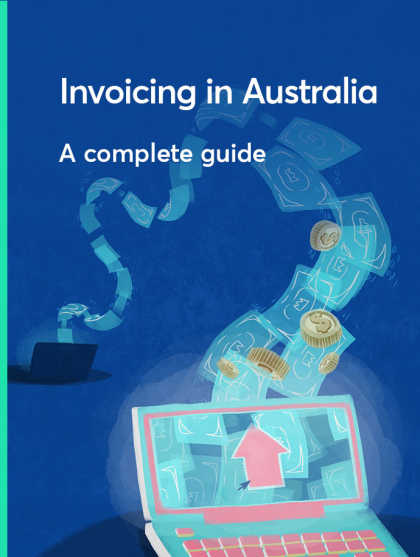
Chasing unpaid and overdue invoices
Last editedAug 20202 min read
What do you do when a debtor fails to pay their invoice on time?
You deserve to be paid for your work – in fact it's your legal right. If you aren't paid promptly by your customers, it will affect your cash flow and might even lead to you going out of business.
Unfortunately, small and medium sized businesses are most at risk of cash flow issues, so they are most vulnerable to late payers. And, to make matters worse, they are more likely to be treated badly by large customers. Big corporations are often bad payers.
There are various methods of handling late payers. Wherever possible it's a good idea to start with polite, firm requests. Only escalate as and when necessary, because it's better to resolve payment issues amicably – that will allow you to do business with the same customer in the future, assuming you want to. Legal action should be a last resort, to be used if all else fails.
Escalating action against late payers
As late payment is so commonplace, what can companies do to encourage slow payers to hand over the money?
The squeaky axle gets the grease. When invoices become overdue, be sure to send reminders or make a phone call. It will help remind your client that you are serious about getting the invoice paid.
Most firms start gently by sending a friendly reminder by email to jog the accounts department into action. If this fails, a call to the bookkeeper or accounts payable team may be necessary. Next come formal written demands. These typically escalate from a polite request for payment to a firm reminder.
Charging interest and taking legal action
If such efforts yield no meaningful response, it may be time to send a final notice warning that the next step is to charge reasonable interest on the amount owed. But be careful about doing so, as your client may challenge this in court – it's a grey area of the law. You may have set out a late payment interest rate in your original payment terms, which you could now threaten to apply.
Many businesses are reluctant to take this final action for fear of antagonising a customer. But given the real threat of losing your business if invoices go unpaid, it's important to take action.
The last resort is passing over the bill to a debt collection agency or getting solicitors involved to chase payment. It's a good idea to talk to your accountant or solicitor to see what options are available to you. The law should be on your side when it comes to receiving payment for goods and services you've supplied.
Ways to avoid late payment
Run credit checks on new customers of any size and check their reputation amongst their suppliers, which is easy enough to do online. Always trust your instinct. If you don’t have a good feeling about a customer, don’t deal with them.
Ensure that your payment terms are clear and easy to read on your invoices. Include details of late payment interest charges. If possible, agree payment terms in writing – with penalties for late payment.
Send out your invoices as soon as the work is finished. A follow-up call or email to check that the invoice has been received doesn’t go amiss either. Maintaining a friendly relationship with whoever handles payments at the other end is always worthwhile. It can smooth out problems when and if they arise, and make it easier to deal with misunderstandings.
Consider whether it’s possible to ask for all or some of the money owed up-front, before you begin work. For large projects, especially those with capital costs, this is normal procedure.
Set up payment reminders and alerts in your accounting/invoicing software, so that you’re immediately notified if a debt has gone over its due date.
Think about automating customer payments where possible, to avoid the hassle of chasing invoices. Payment providers such as GoCardless can do all the hard work for you, taking regular payments or one-off amounts via Direct Debit quickly and at minimal cost.
Interested in collecting payments by Direct Debit?
Find out if online Direct Debit is right for your business